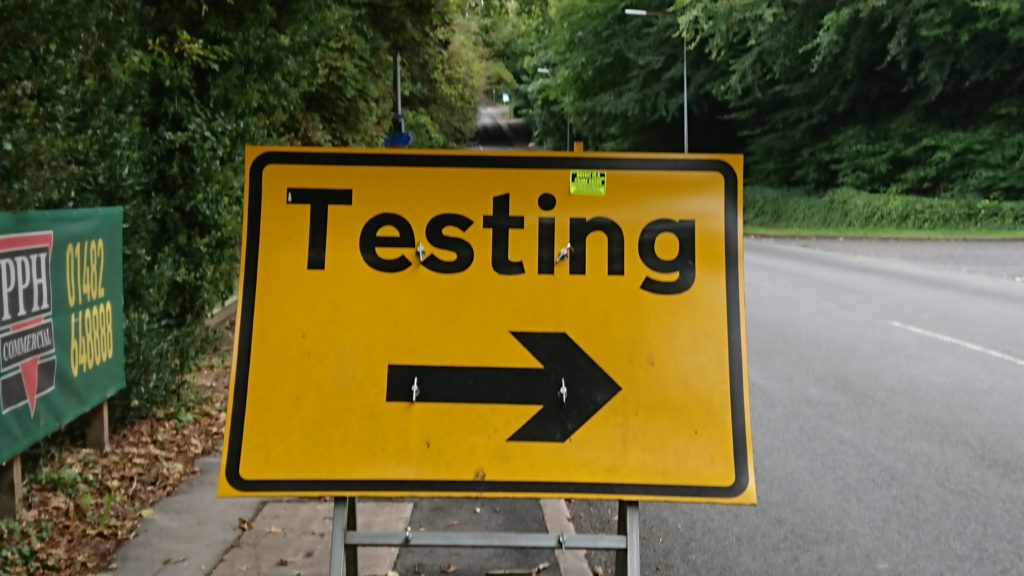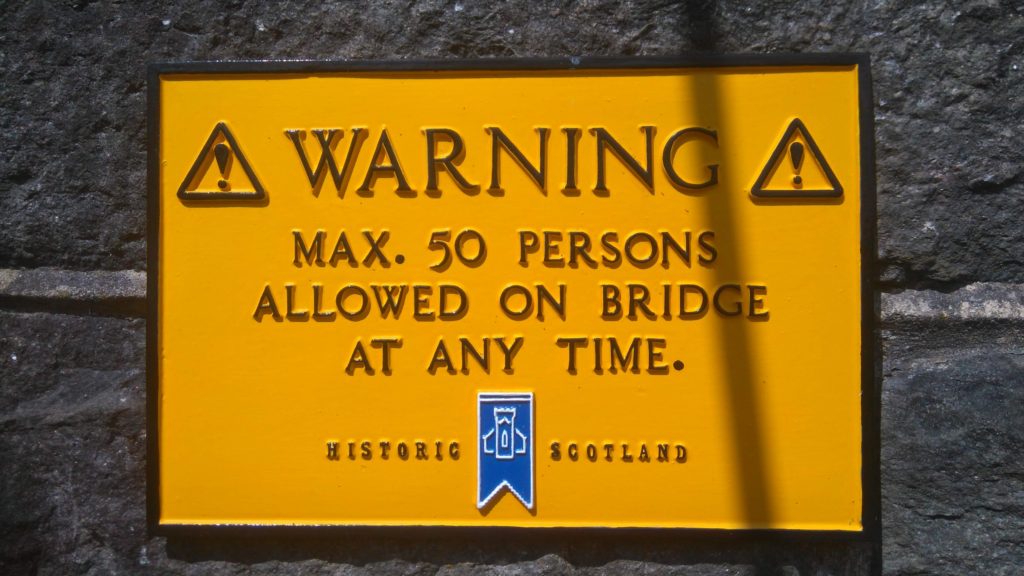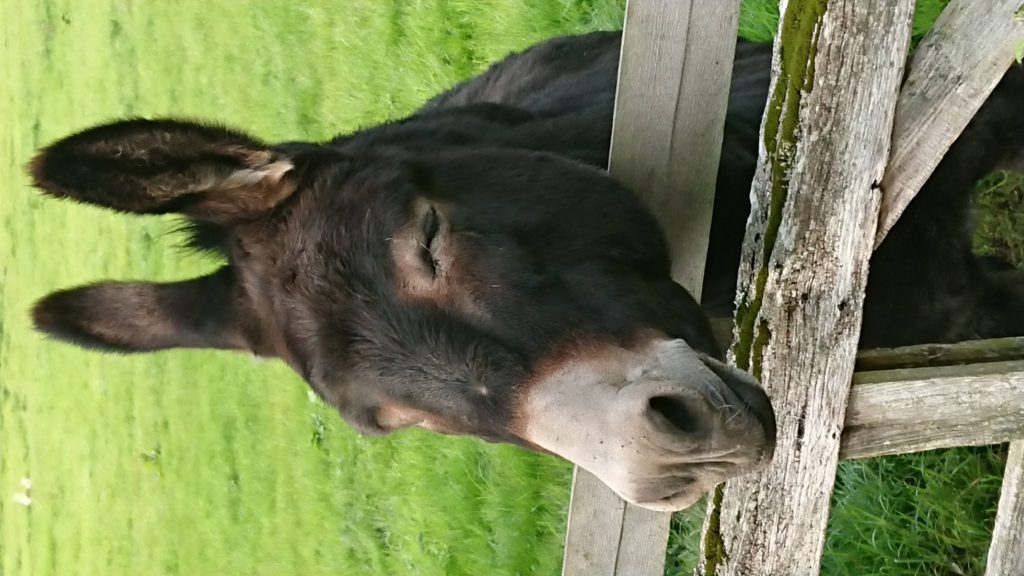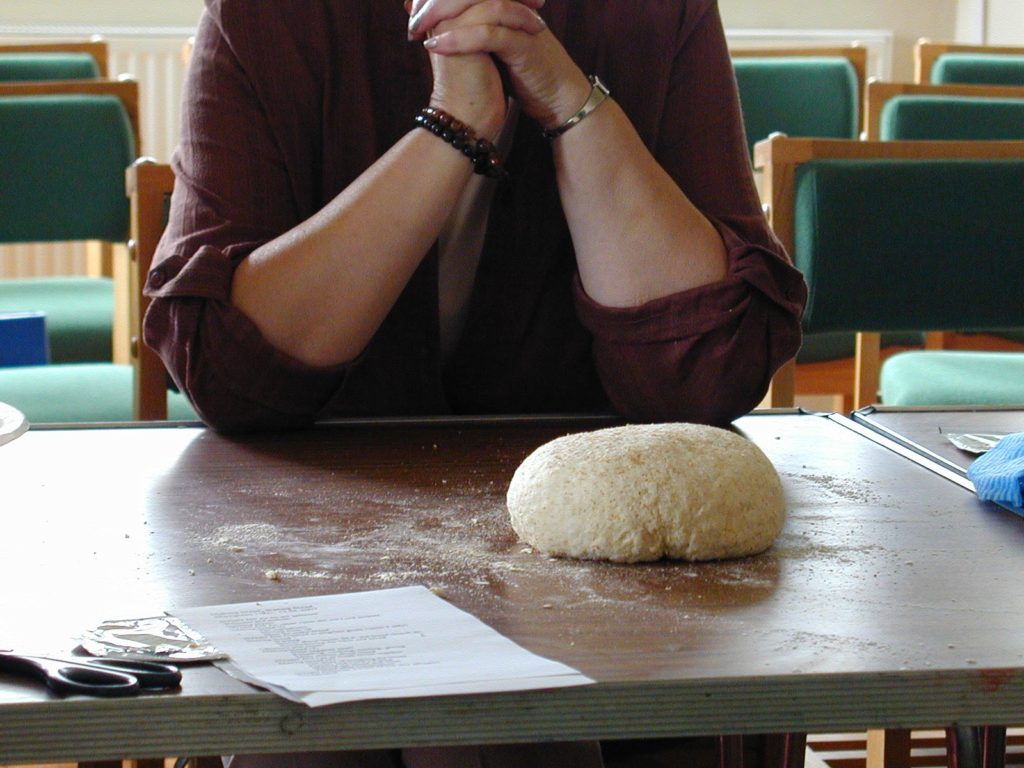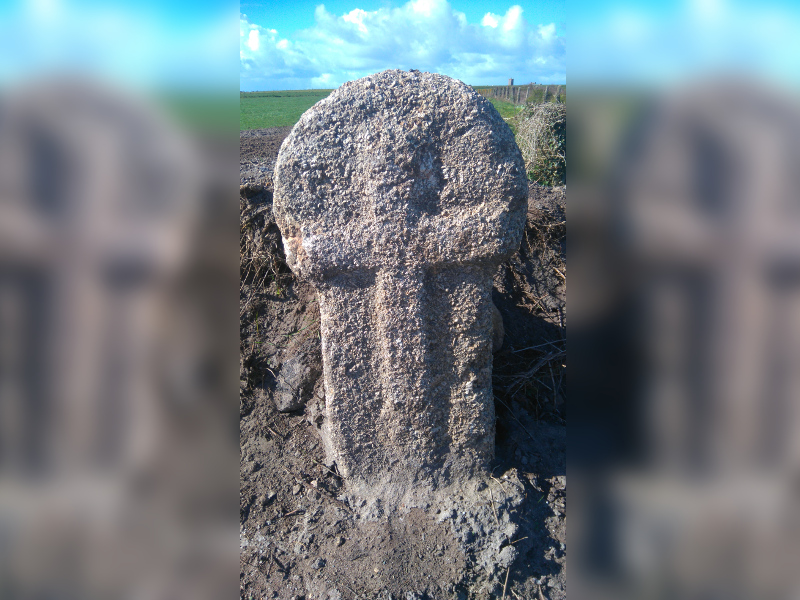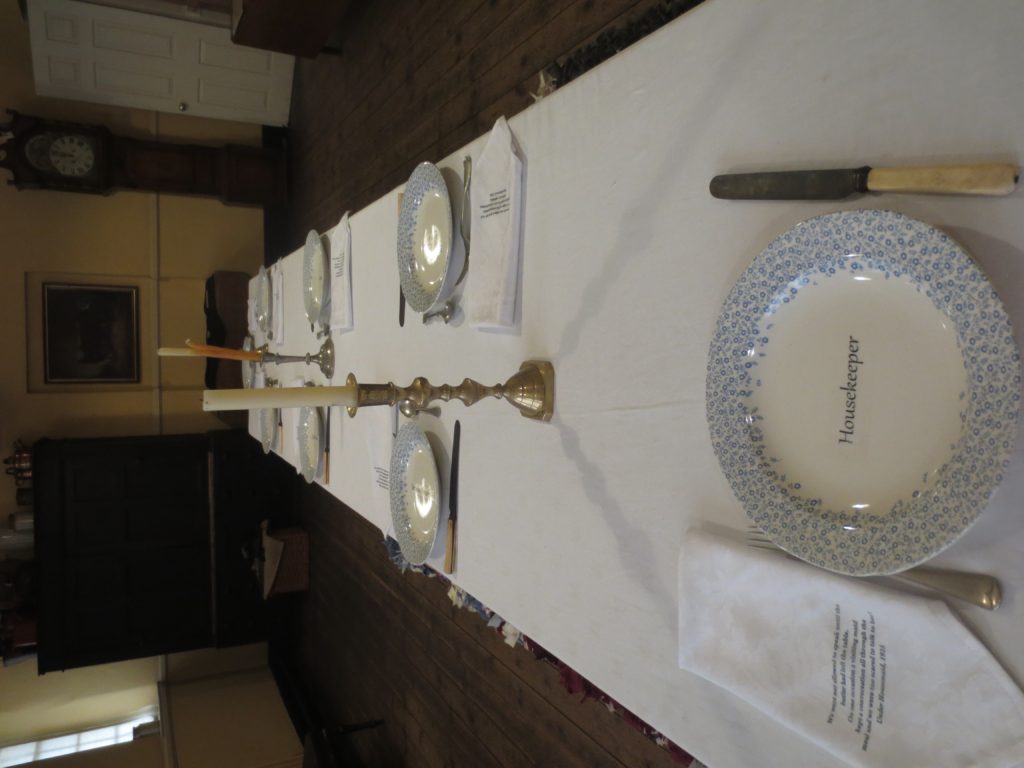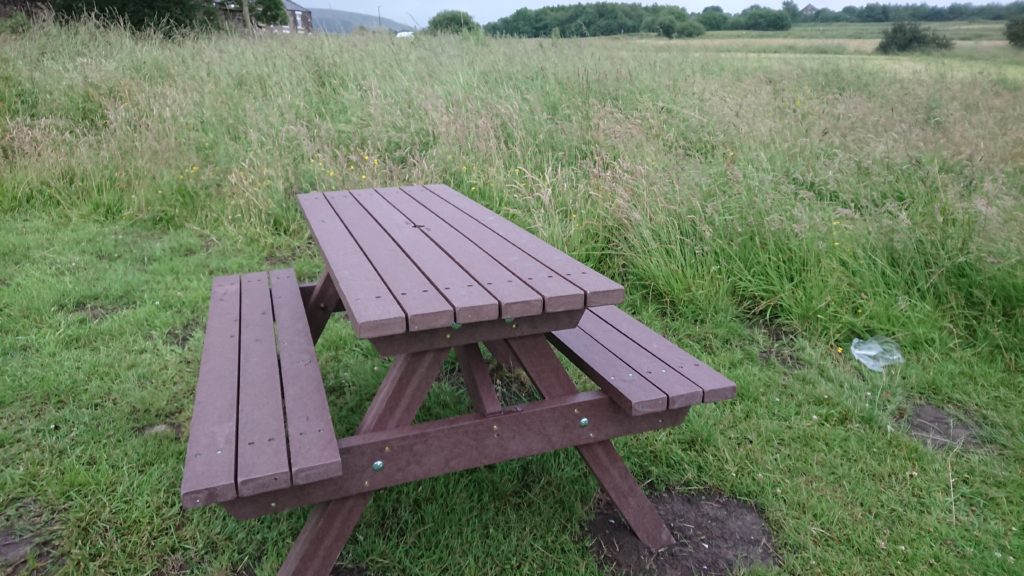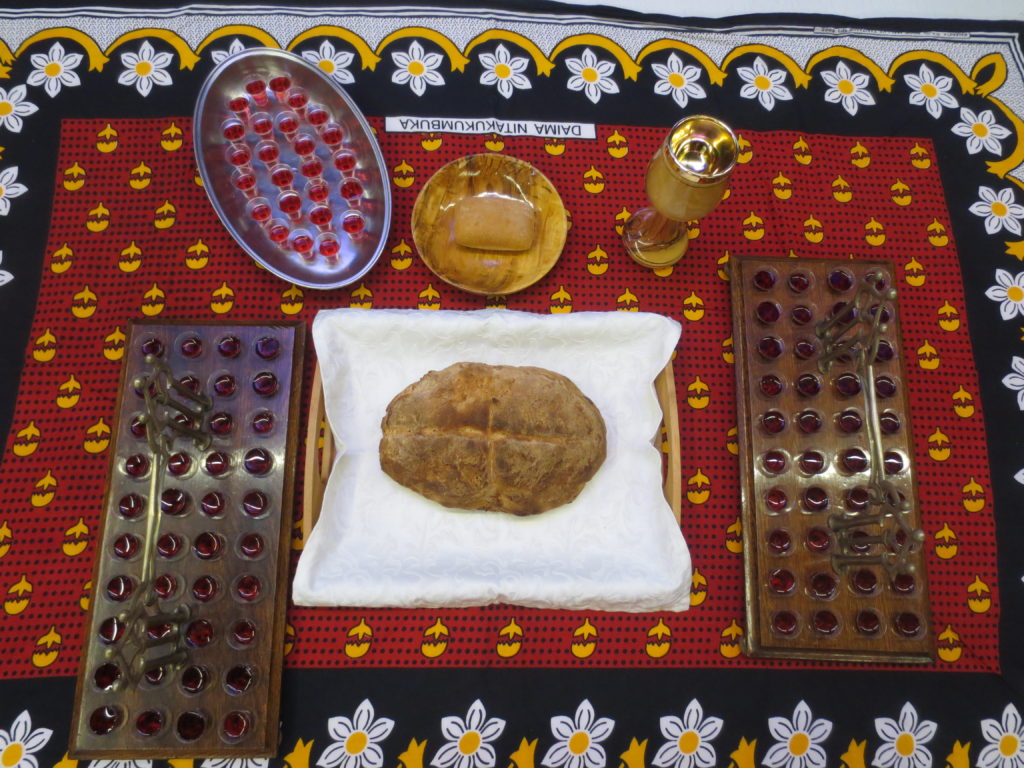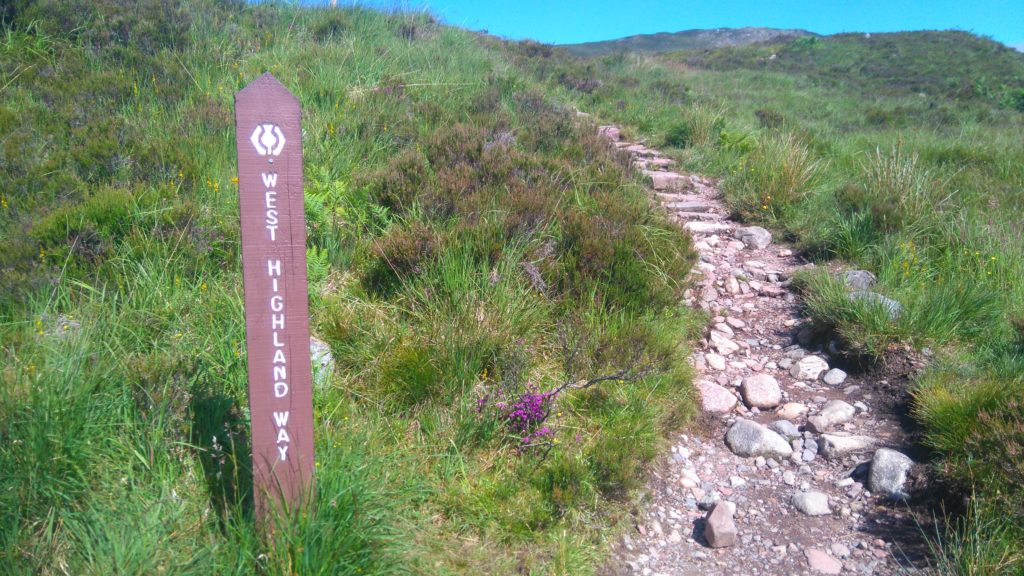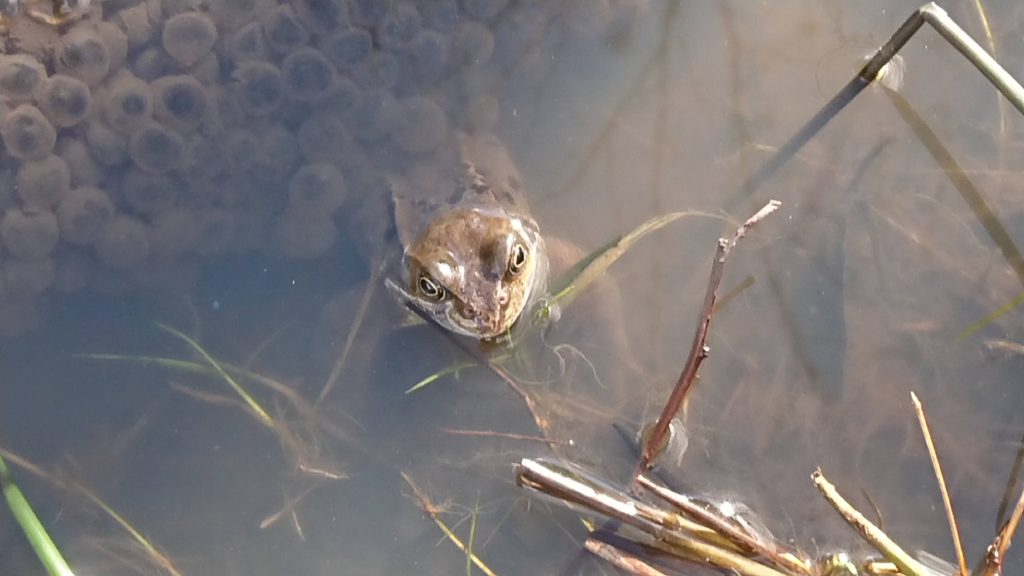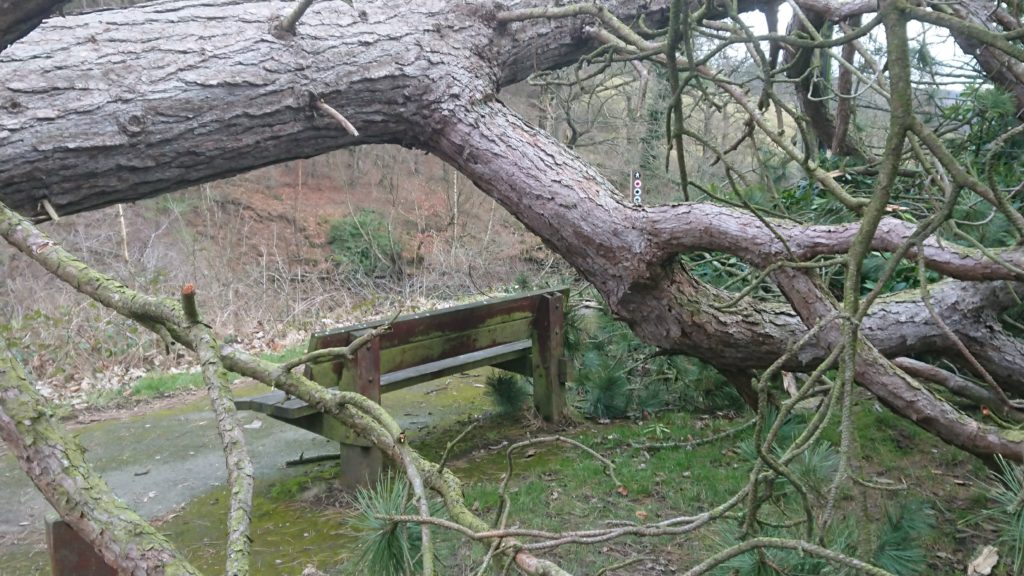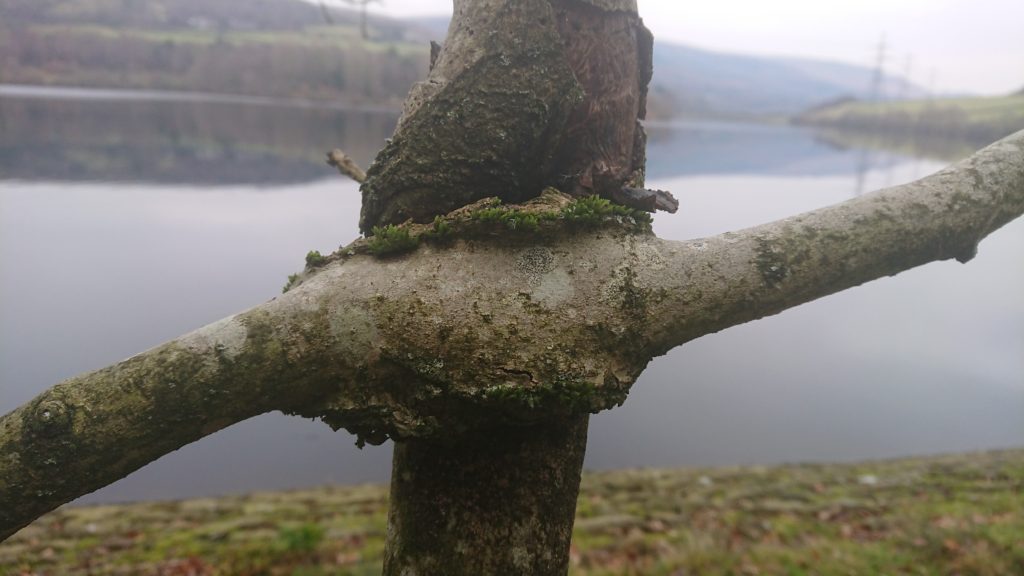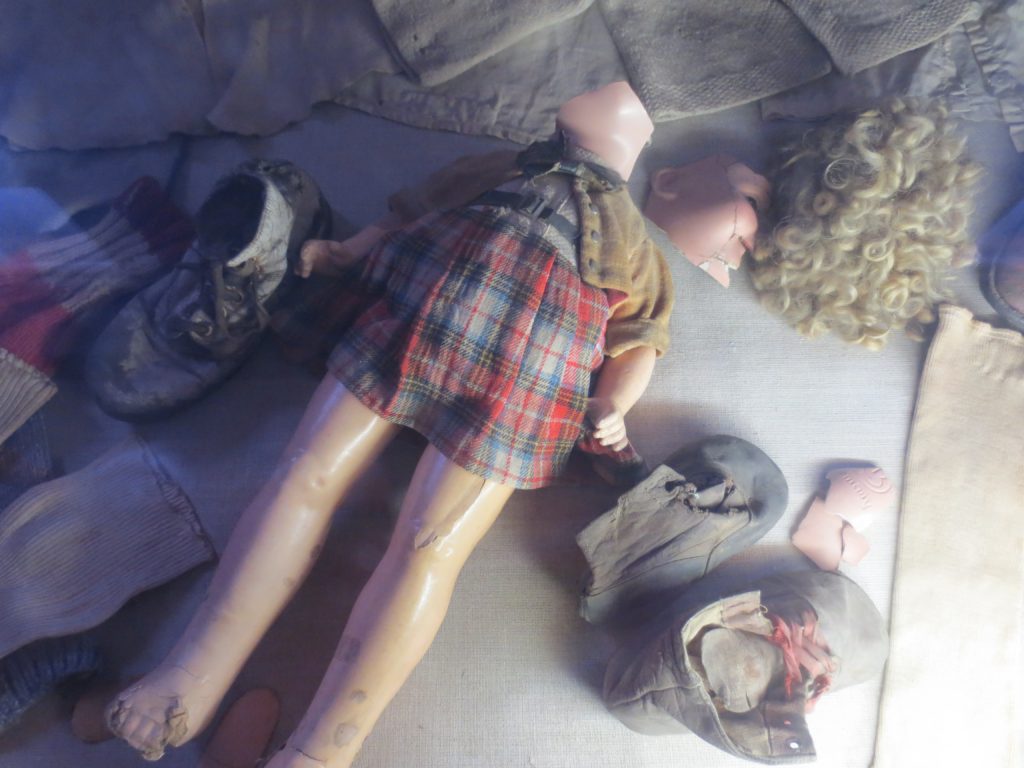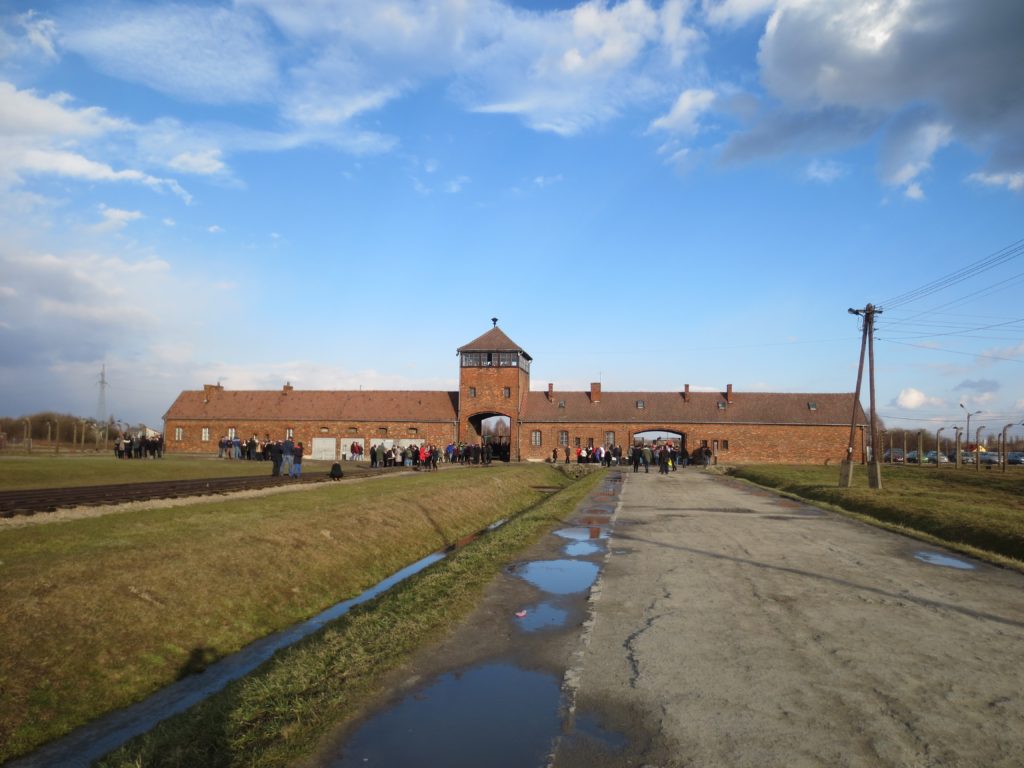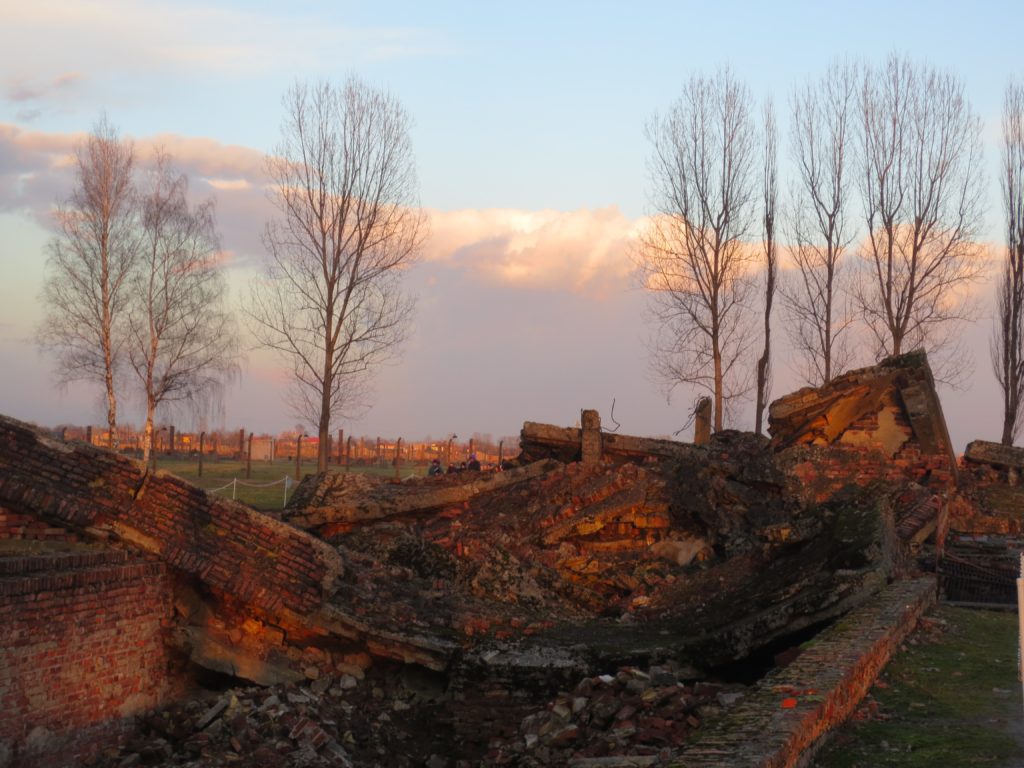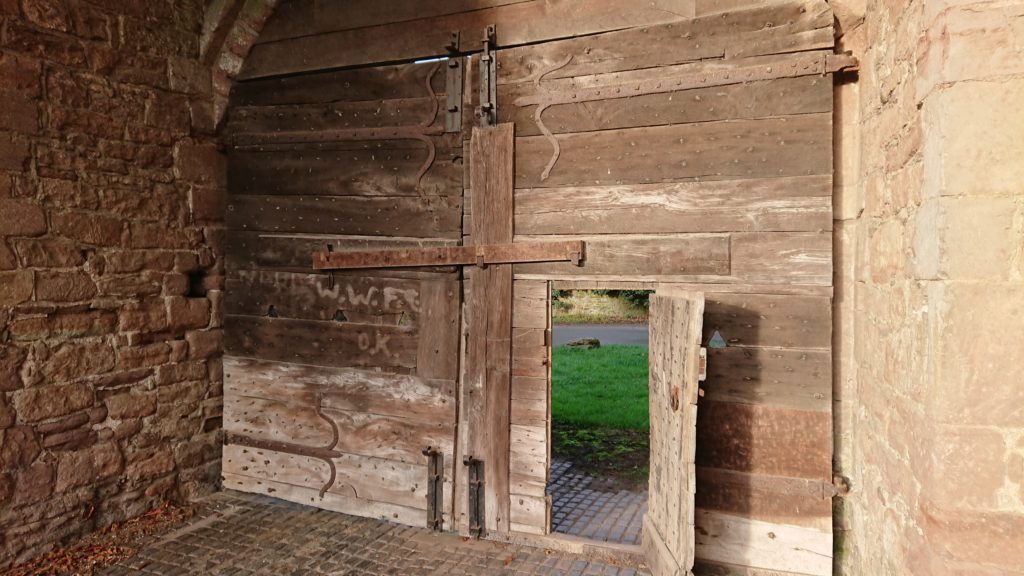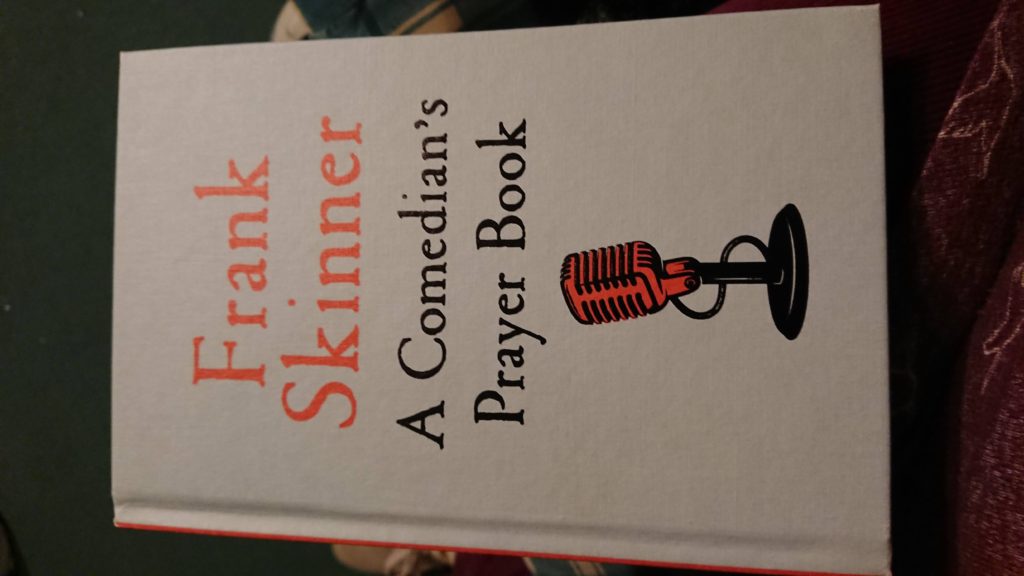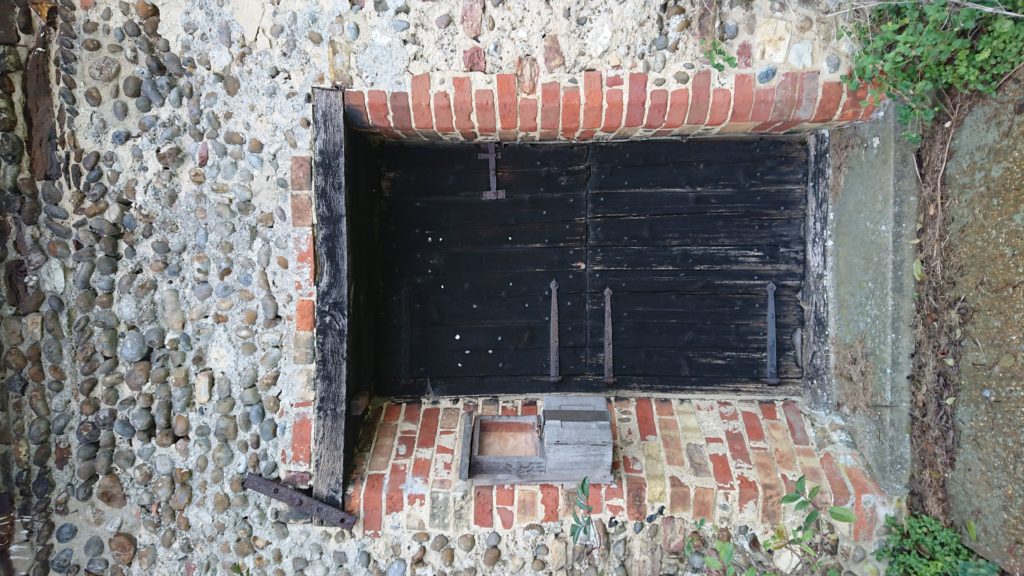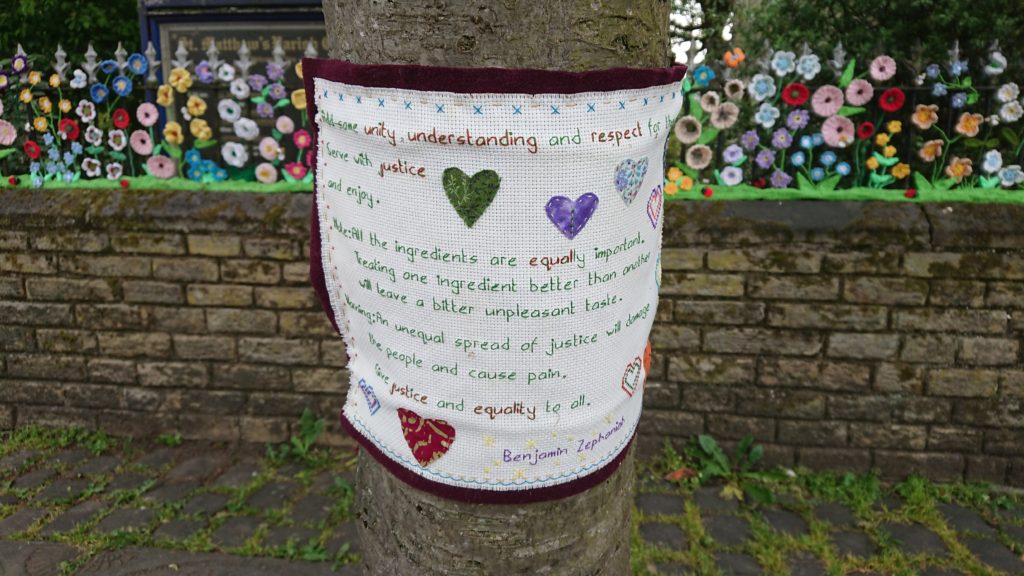Dear Benedict,
Maybe stranger things have happened than Jesus rising from the dead, but for me that’s the new beginning. We celebrated together as a Lay Community this weekend and we said a lot of Alleluias.
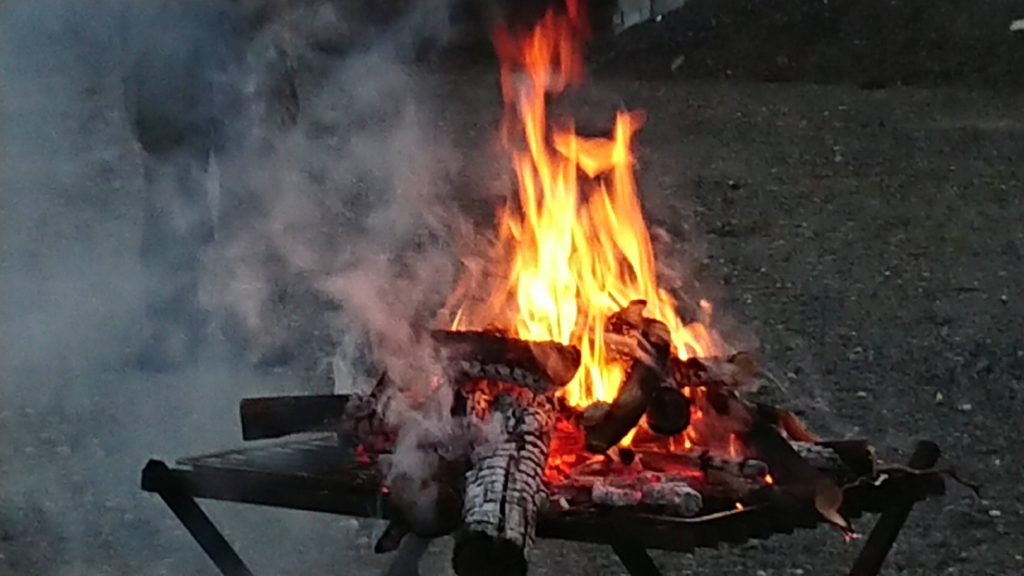
It was a strange time to celebrate. It seems that the Easter message is still misunderstood even in the UK which claims a long back story with Christianity (it was probably brought here by the Romans in the first century). But this Easter the usual nonsense was rolled out to deter Christians from living life in community according to the faith we share. Foremost amongst these is the nonsense that Christians should not be political.
I’ve no idea what the dominant view was in the 5th and 6th centuries when you were just getting started. But there’s no doubt that the Rule you are remembered for is a political document as is the bible we share. The heart of the Rule is that ‘All guests should be welcomed as Christ’ for ‘When I was a stranger you welcomed me’ (chapter 53). It is this strange business of being a stranger that we stumbled over again this Easter.
A stranger is just someone we don’t know yet. A stranger is a person, a human being just like us. Unfortunately we have developed the unpleasant tendency of ‘othering’ the stranger, ostracising and excluding anyone ‘not like us’. We seem to be at our most vicious when it comes to strangers who arrive in boats and lorries unexpectedly. Aspects of our media and politics have developed very hostile narratives around such strangers.
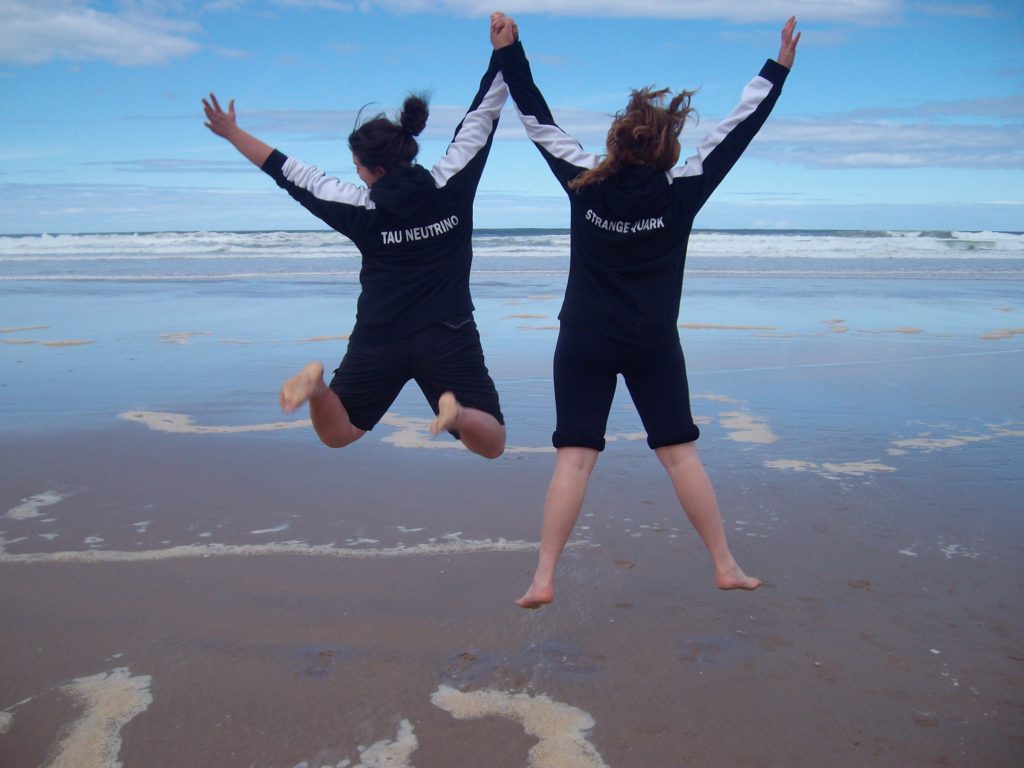
In all my travels I have never found myself treated in this way, however unexpectedly I’ve turned up. I have sometimes been told my interpretation of Christianity is ‘too political’ sometimes in the oddest of circumstances. This usually means the hearer disagrees with my interpretation. I don’t think I’ve ever accused anyone of an interpretation that was either ‘too political’ or conversely, ‘not political enough’.
Some of you will be rolling your eyes and saying ‘Yes, but…’ Not buts here. Of course the community could get filled up with strangers, who would then not be strangers. What is it that we can’t share?
Later this week I shall be experimenting with stranger status again as I set off with Bob on another long walk. This one was postponed since 2020 and will take us down to London and back. I will be a gyrovague once more, a rootless stranger looking for a welcome of sorts. Now you are fairly unhappy about gyrovagues in your Rule as I’ve mentioned before, partly to counteract the tendency for people just to roam about. You liked your settled community and wanted others to both enjoy and commit to it as well. But sometimes life causes us to roam and when that happens we desperately need not censure or exclusion, not resettlement camps in far flung places, but welcome.
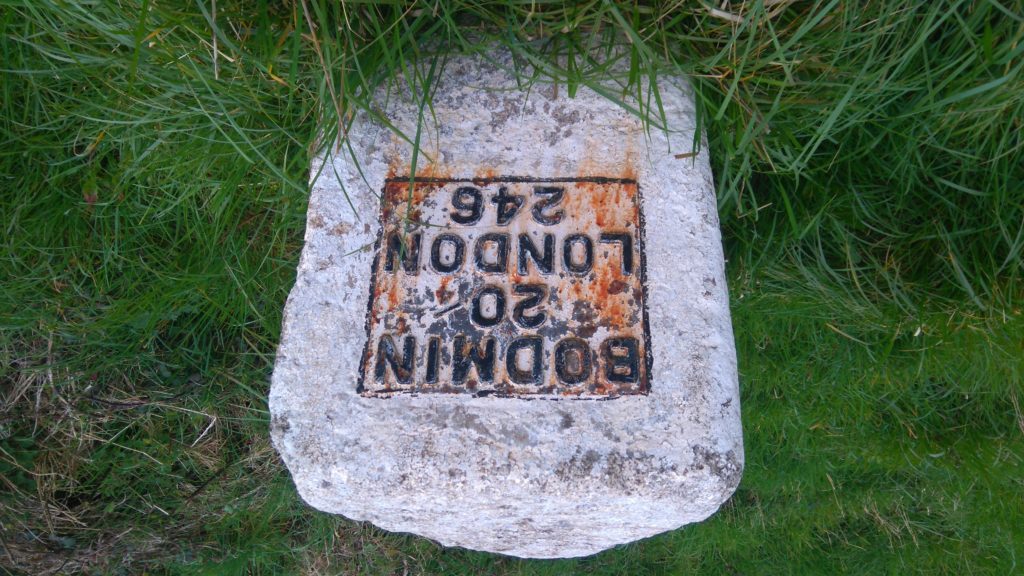
From my remembered bible I was a stranger and you welcomed me.
Welcome us all.
From a Friend of Scholastica and a Member of the Lay Community of St Benedict.
The blog of the walk will be found here from 22nd April 2022, instead of the usual letters to Benedict.

